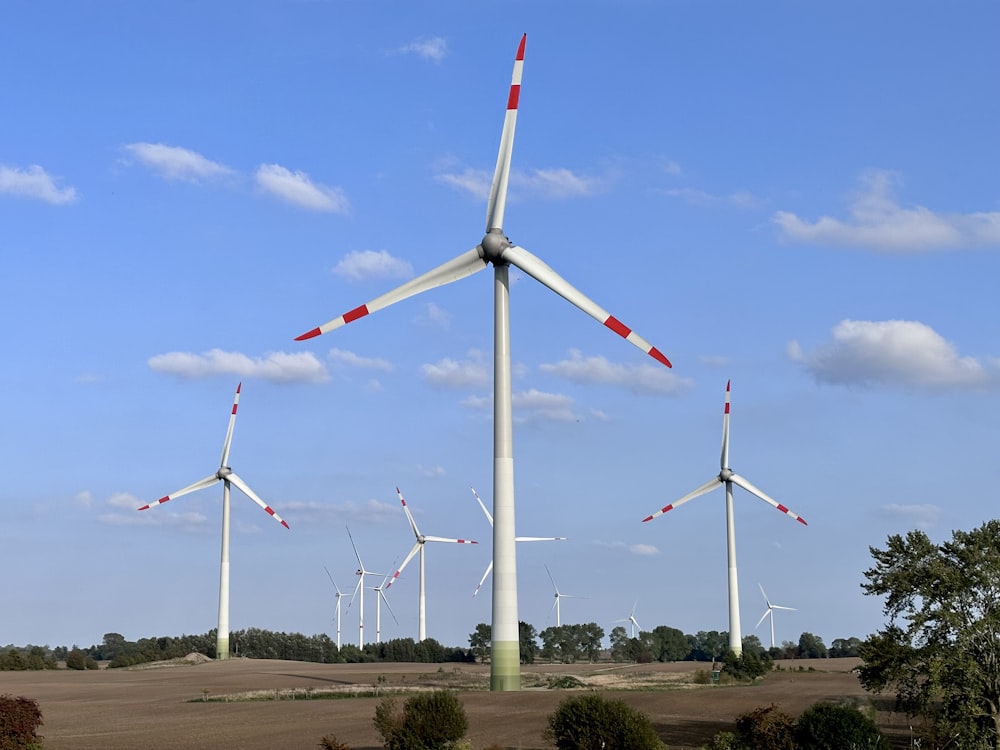Off-Grid Solar Power Systems: Harnessing Sustainable Energy
In recent years, off-grid solar power systems have emerged as a beacon of hope in the quest for sustainable and eco-friendly energy solutions. These innovative systems offer a reliable alternative to traditional grid-dependent setups, paving the way for self-sufficiency and reduced environmental impact.
The Rise of Off-Grid Solar Power
As concerns about climate change and environmental sustainability grow, off-grid solar power systems have gained prominence. These systems utilize solar panels to harness energy from the sun, converting it into electricity that can power homes and businesses. This decentralized approach allows individuals to generate their own power, reducing reliance on conventional energy sources.
Benefits of Off-Grid Solar Systems
One of the key advantages of off-grid solar power systems is their ability to provide energy independence. Users are no longer at the mercy of power outages or fluctuating energy prices. Additionally, these systems contribute to a smaller carbon footprint, promoting a cleaner and greener environment. The initial investment in installing solar panels pays off in the long run through reduced energy bills and a sense of self-reliance.
Components of Off-Grid Solar Systems
Understanding the components of off-grid solar systems is crucial for those considering the switch to sustainable energy. Solar panels, charge controllers, inverters, batteries, and backup generators all play integral roles in ensuring a continuous and reliable power supply. Each component works in harmony to capture, store, and distribute solar energy efficiently.
Installation and Maintenance
Installing off-grid solar power systems requires careful planning and consideration of the specific energy needs of the household or business. Professional installation ensures optimal performance and longevity. Regular maintenance, including cleaning the solar panels and checking the battery health, is essential to keep the system running smoothly.
Off-Grid Solar Systems for Remote Locations
Off-grid solar power systems are particularly beneficial for remote locations where connecting to the traditional power grid is impractical or expensive. These systems empower communities and individuals in off-the-grid areas by providing a sustainable and reliable source of electricity, improving overall quality of life.
Off-Grid Solar Power for Resilience
One notable aspect of off-grid solar power systems is their resilience in the face of natural disasters and emergencies. While traditional power grids may fail during such events, off-grid systems continue to function, providing a lifeline of electricity for essential needs.
Economic Considerations and Incentives
While the initial cost of installing off-grid solar power systems may seem daunting, various incentives and rebates are available to ease the financial burden. Government programs and tax credits can significantly reduce the overall cost, making the transition to solar energy more accessible for homeowners and businesses.
The Future of Off-Grid Solar Power
As technology advances and awareness of environmental issues grows, the future of off-grid solar power systems looks promising. Ongoing research and development aim to enhance the efficiency and affordability of these systems, further promoting their widespread adoption.
In conclusion, off-grid solar power systems represent a sustainable and forward-thinking solution to our growing energy needs. By embracing this technology, individuals and communities can contribute to a more resilient, eco-friendly, and self-sufficient future. Explore the possibilities of off-grid solar power systems and take a step towards a brighter and cleaner tomorrow.
For more information on off-grid solar power systems, visit Off Grid Solar Power Systems.




